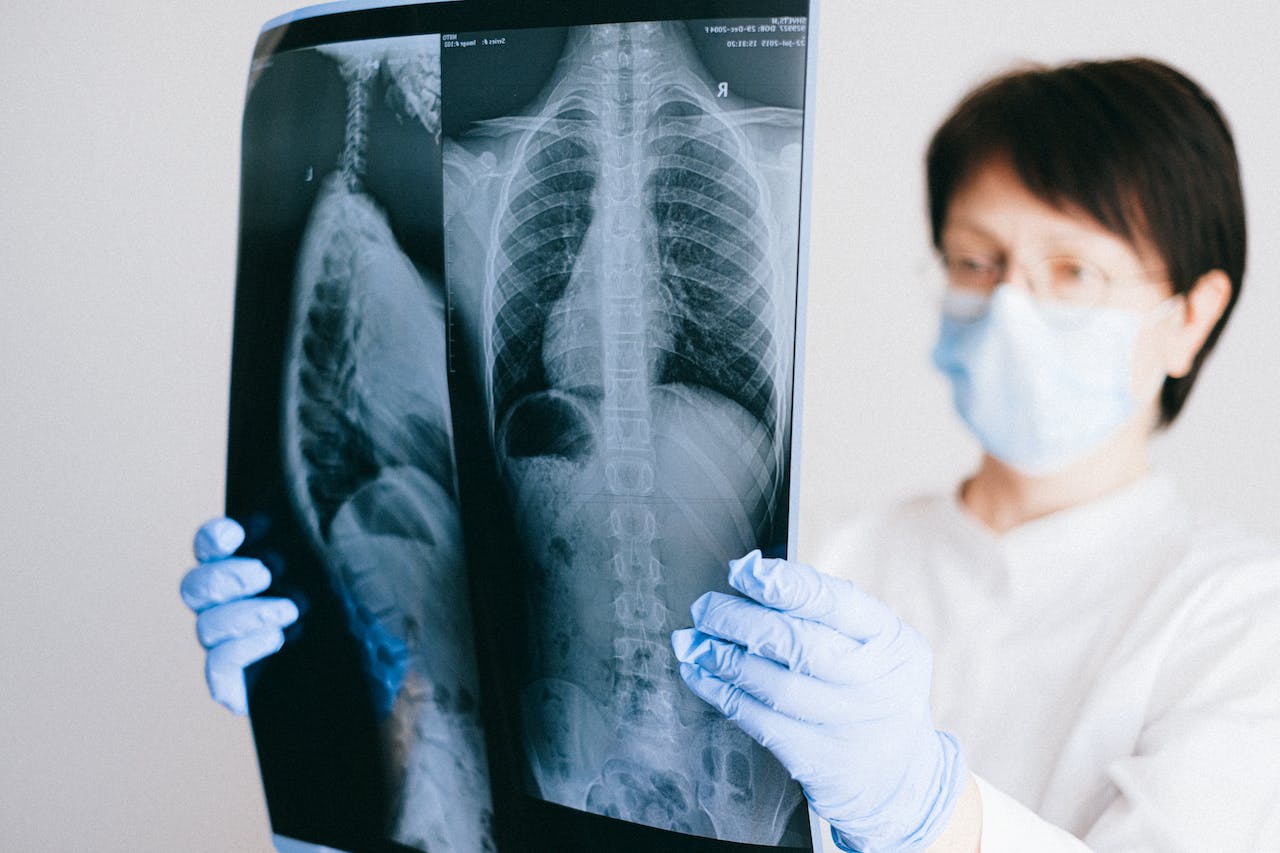Depression during pregnancy, also known as antenatal depression, is not just a fleeting change of mood. It’s a serious condition that demands attention and care. Pregnancy is a time of emotional upheaval, and the physical changes a woman undergoes can contribute to feelings of anxiety and sadness. Understanding and addressing this issue is vital for the well-being of both mother and child.

Depression When Pregnant: An Overview
Depression during pregnancy is characterised by persistent feelings of sadness, anxiety, and disinterest in activities once enjoyed. Factors contributing to antenatal depression can range from hormonal changes and past experiences of depression to socio-economic stressors. This condition differs from the ‘baby blues,’ which are mild and temporary mood swings experienced after childbirth.
The Prevalence of Depression During Pregnancy
Depression during pregnancy affects an estimated 14-23% of women at some point in their pregnancy. Untreated depression can have significant impacts on the health of the mother and baby. For the mother, it increases the risk of postpartum depression and can affect her ability to care for and bond with her newborn. For the baby, risks include premature birth, low birth weight, developmental issues, and behavioural problems later in life.
What Causes Depression During Pregnancy
- Hormonal Changes: Hormonal changes during pregnancy can significantly affect a woman’s mood. Research from the National Institute of Mental Health (NIMH) suggests that these hormonal changes may contribute to depression.
- Stress and Anxiety: Pregnancy can be a time of increased stress and anxiety. A study published in BMC Pregnancy and Childbirth found a significant association between high levels of stress or anxiety during pregnancy and the development of postnatal depression.
- Personal or Family History of Depression: According to the American Psychological Association (APA), women with a personal or family history of depression are at higher risk of experiencing depression during pregnancy.
Risks Associated with Depression During Pregnancy
Depression during pregnancy carries risks for both the baby and the mother’s overall quality of life. These risks underline the importance of seeking professional help if you’re experiencing symptoms of depression during pregnancy.
- Potential Impact on the Baby: Depression during pregnancy has been associated with several potential risks for the baby, including a higher risk of preterm birth and low birth weight.
- Increased Risk of Postpartum Depression: Experiencing depression during pregnancy can increase the risk of postpartum depression, which can make it challenging for new mothers to bond with their baby and take care of their newborn’s needs.
- Strain on Personal Relationships and Overall Quality of Life: Depression can put a strain on your relationships and reduce overall quality of life.
- Risks Associated with Untreated Depression During Pregnancy: Untreated depression can lead to poor nutrition, suicidal behavior, and an increased likelihood of risky behaviors such as drug or alcohol abuse.
Remember, help is available, and with the right support and treatment, you can manage your symptoms and reduce these risks. If you think you may be experiencing symptoms of depression during your pregnancy, reach out to a healthcare professional. You’re not alone, and there are numerous resources and treatments that can help.

Resources for Pregnant Women Experiencing Depression
Online Resources:
- Mind: Provides advice and support to anyone experiencing a mental health problem.
- NHS Choices: Offers a range of advice on depression during pregnancy, including symptoms, causes, and treatments.
- Tommy’s: Provides research-based information about depression in pregnancy and postnatal depression.
Hotlines:
- Samaritans: Call 116 123. They’re available 24/7 and offer a safe place to talk any time you like, in your own way, and off the record.
- PANDAS Foundation UK: Call 0808 1961 776. They offer support to individuals, their families and carers to improve their lives and recover from perinatal mental illness.
Support Groups:
- Association for Post Natal Illness: Offers help to mothers experiencing postnatal depression.
- Netmums: Their forum offers a space where women can connect with other moms and discuss their experiences.
Books:
- “Pregnancy Blues: What Every Woman Needs To Know About Depression During Pregnancy”: Written by Dr. Shaila Kulkarni Misri, this book is an insightful guide that focuses on understanding and managing depression during pregnancy, offering crucial information and practical advice to help women navigate this challenging time.

The Importance of Seeking Professional Mental Health Help During Pregnancy
As we delve into the topic of depression during pregnancy, it is pivotal to consider the variety of resources available for support and treatment. Therapeutic approaches play a vital role in managing depressive symptoms and fostering emotional well-being. Medications, under appropriate medical supervision, can also provide significant relief.
Digital resources, such as teletherapy, online support groups, and mental health apps, offer a new dimension of accessible and immediate aid. Let’s explore these aspects in more detail to determine how they contribute to the holistic treatment plan for depression during pregnancy.
Therapeutic Approaches
Various therapeutic approaches can prove effective in treating depression during pregnancy. Here are a few common types:
- Cognitive Behavioural Therapy (CBT): CBT helps individuals identify and change destructive thought patterns that negatively influence behaviour and emotions, and it can be particularly effective in tackling antenatal depression.
- Interpersonal Therapy (IPT): IPT focuses on improving interpersonal relationships and social functioning, which can be especially beneficial for pregnant women dealing with depression.
- Mindfulness-Based Cognitive Therapy (MBCT): MBCT combines mindfulness techniques like meditation and breathing exercises with elements from cognitive therapy. It can be a helpful tool in managing depression and preventing relapse.
Medications
In some cases, medication might be recommended. Antidepressants can be effective in managing depression, but it’s important to discuss the benefits and risks with your healthcare provider, as some medications may have implications for pregnancy.
Digital Resources – Therapy Apps
Therapy apps, such as BetterHelp, have made mental health support more accessible than ever. Platforms like BetterHelp connect users with licensed therapists, enabling you to seek help from the comfort of your own home – an especially useful tool for expectant mothers.

Coping Mechanisms Managing Depression When Pregnant
The Importance of Self-Care and Relaxation Techniques
Self-care isn’t just about bubble baths and spa days; it’s about making time to tend to your mental and physical health. This could mean ensuring you get enough rest, taking time out for activities you enjoy, or using relaxation techniques. Mindfulness, meditation, and deep-breathing exercises can all help reduce stress and manage symptoms of depression.
Exercise and its Role in Mental Health
Exercise is a powerful tool when it comes to mental health. It can boost your mood, reduce anxiety, and improve your sleep. Aim for gentle, regular exercise – this could be a daily walk, prenatal yoga, or swimming. Remember, it’s important to consult with your healthcare provider before starting any new exercise regimen during pregnancy.
Maintaining a Balanced Diet
What you eat can also impact your mood and energy levels. Try to maintain a balanced diet rich in fruits, vegetables, lean proteins, and whole grains. Omega-3 fatty acids, found in foods like fish and walnuts, have been shown to have mood-boosting properties. Again, it’s best to discuss any dietary changes with your healthcare provider.
A Word of Caution
Remember, while these tips can help manage symptoms, they are not a substitute for professional help. If you’re experiencing depression during pregnancy, reach out to a mental health professional. You don’t have to face this alone, and there are many resources available to support you through this time.

What to Expect Postpartum When You’ve Experienced Depression During Pregnancy
Navigating the postpartum period after experiencing depression during pregnancy can feel daunting. However, understanding what to expect and the importance of continued mental health care can offer some reassurance during this transitional time.
Understanding Postpartum Depression
Postpartum depression (PPD) is a more severe form of what many refer to as the “baby blues,” which are mild depressive symptoms that typically resolve within two weeks after delivery. PPD, on the other hand, involves serious depressive symptoms that persist beyond the first few weeks postpartum and can appear anytime within the first year after giving birth.
Symptoms of PPD can include intense feelings of sadness, anxiety, irritability, fatigue, changes in sleeping or eating patterns, difficulty concentrating, and lack of interest in activities you once enjoyed. In severe cases, mothers may have thoughts of harming themselves or their baby.
The Importance of Continued Mental Health Care After Delivery
If you experienced depression during pregnancy, it’s especially important to continue mental health care after delivery. This is because having depression during pregnancy increases your risk of PPD.
Continued mental health care can involve regular check-ins with your healthcare provider, continuing therapy sessions, and following any prescribed medication regimens. It’s also crucial to reach out to your healthcare provider if you notice any new or worsening symptoms.
Remember, it’s okay to ask for help, and it’s essential to prioritise your mental health. Having a support system in place, including healthcare providers, family, and friends, can make a significant difference in your postpartum experience.
Conclusion
In conclusion, experiencing depression during pregnancy and postpartum depression are significant health concerns that require immediate attention. It’s crucial to acknowledge and address these feelings, rather than dismiss them as mere ‘baby blues’. The importance of continued mental health care following delivery cannot be overstated, particularly if you’ve faced depression during pregnancy. Remember that it’s not only okay to seek help, but it’s vital for your well-being and that of your baby. With a robust support system and professional care, you can navigate this challenging time and ensure a healthier pregnancy.
Please note: If you purchase products by clicking on links on this page, The Check Up may earn a small commission.


